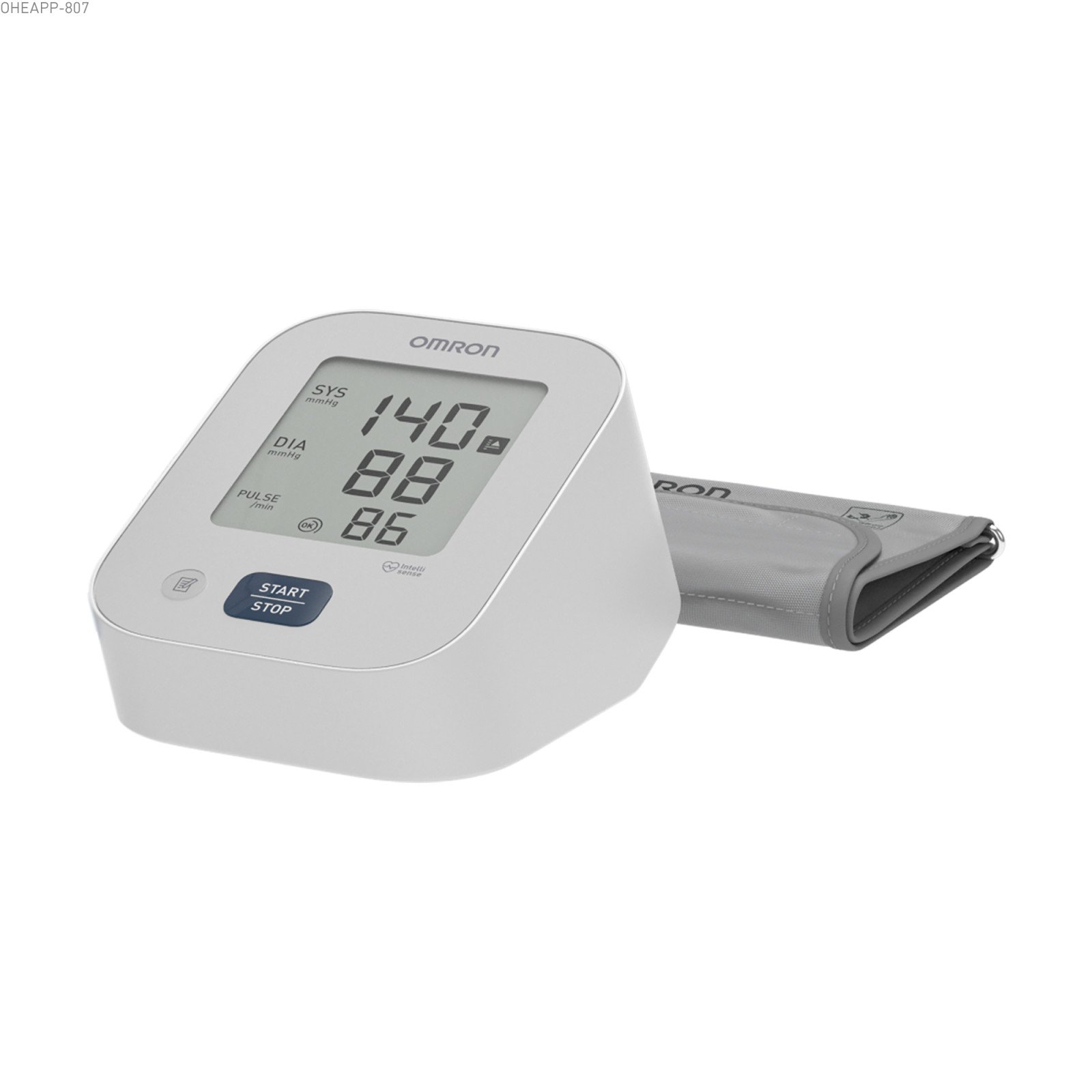
Blood Pressure Management
How Dehydration Affects Your Blood Pressure and Heart Function
Water is essential for almost every function in the human body, and your cardiovascular system is no exception. Adequate hydration helps maintain blood volume, regulate body temperature, and support proper circulation. When you are dehydrated, the heart must work harder to pump blood, which can lead to fluctuations in blood pressure and, in some cases, additional strain on the heart.

Why Hydration Matters for Cardiovascular Health
Water is essential for almost every function in the human body, and your cardiovascular system is no exception. Adequate hydration helps maintain blood volume, regulate body temperature, and support proper circulation. When you are dehydrated, the heart must work harder to pump blood, which can lead to fluctuations in blood pressure and, in some cases, additional strain on the heart (NHS, 2022).
The Link Between Dehydration and Blood Pressure
One of the most immediate effects of dehydration is a drop in blood volume. With less fluid circulating, blood pressure may decrease, causing dizziness, fainting, or weakness. On the other hand, chronic dehydration can trigger the release of hormones such as vasopressin, which may lead to increased blood pressure over time (British Heart Foundation, 2021).
Low blood pressure (hypotension): Often caused by acute fluid loss.
High blood pressure (hypertension): Can be worsened by long-term inadequate hydration.
In older adults, who are more prone to both dehydration and hypertension, this balance is particularly delicate (Age UK, 2020).
How Dehydration Affects Heart Function
Dehydration does not only impact blood pressure; it also affects the heart directly. When the body is short of fluids:
The heart rate increases to compensate for lower blood volume.
The heart works harder to maintain adequate circulation.
In severe cases, dehydration may contribute to arrhythmias due to electrolyte imbalances.
Research supported by the British Journal of General Practice (2019) found that dehydration can negatively influence cardiovascular performance, particularly during physical exertion or heat exposure.
Recognising the Symptoms of Dehydration
Common signs that dehydration may be affecting your cardiovascular system include:
Rapid heartbeat (palpitations)
Lightheadedness or dizziness
Fatigue and low energy
Dry mouth or extreme thirst
Reduced urine output or dark-coloured urine
If these symptoms appear together with low or unstable blood pressure readings, it could be a sign of dehydration.
Practical Tips to Protect Your Heart
Stay consistent: Aim for regular hydration throughout the day instead of large intakes at once.
Adjust for activity and climate: Drink more fluids during hot weather or when exercising.
Monitor your blood pressure: Tracking changes at home with a blood pressure monitor can help you see how hydration status impacts your readings.
Balance electrolytes: Alongside water, ensure you get enough sodium, potassium, and magnesium to support heart function.
Why It All Matters
Dehydration might seem like a minor issue, but it has a direct impact on your blood pressure and heart health. Even mild fluid loss can alter cardiovascular function, especially in older adults or those with existing heart conditions. Staying hydrated is therefore not only about comfort but also about maintaining stable circulation and reducing strain on the heart (British Heart Foundation, 2021).
Summary at a Glance
Dehydration reduces blood volume, lowering blood pressure in the short term.
Chronic dehydration may contribute to higher blood pressure over time.
Heart rate rises to compensate for fluid loss, increasing cardiac workload.
Monitoring your hydration and blood pressure at home supports long-term heart health.
Related Products
References
NHS (2022). Dehydration: Symptoms, causes and treatment.
British Heart Foundation (2021). Hydration and heart health.
Age UK (2020). Dehydration in older people.
NHS Inform (2021). Signs and prevention of dehydration.
British Journal of General Practice (2019). The impact of hydration on cardiovascular health.



